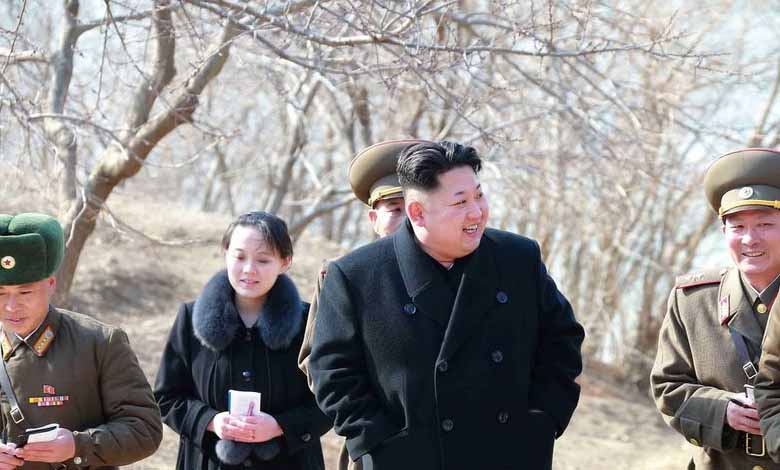North Korea bans citizens from laughing, drinking and shopping for 11 days

North Korean leader Kim Jong-un may be close to entering the Guinness Book of Records with his “most bizarre” decisions in the world.
Kim’s latest bizarre decision is to ban North Koreans from laughing or drinking for 11 days; in commemoration of the tenth anniversary of the death of his father, former leader Kim Jong-il.
According to the Daily Mail, North Korean authorities have ordered their citizens not to show any signs of happiness these days.
Former North Korean leader Kim Jong-Il ruled the “Closed Republic” from 1994 until his death in 2011, and was later succeeded by his third and youngest son, current leader Kim Jong-un.
Now, 10 years after his death, North Koreans are forced to celebrate an 11-day mourning period; they’re not allowed to laugh or drink.
According to the source quoted by the newspaper, North Koreans are not allowed to go and buy food and household goods on December 17; it’s the anniversary of Kim Jong-il’s death.
A North Korean from the northeastern border town of Sinuiju told Radio Free Asia: “During the mourning period, we should not drink, laugh or engage in recreational activities”.
He added: “In the past, many people who were caught drinking during the mourning period were arrested, treated as ideological criminals, taken away and never seen again”.
Not only that, even if a family member dies during the mourning period, the cries are not allowed and the body must be taken out after the memory of the late leader ends.
North Koreans are also prohibited from celebrating their birthday if it coincided with the mourning period.
On December 17, 2011, Kim Jong-il died of a “heart attack” at the age of 69 after ruling the country for 17 years under a brutal and repressive dictatorship.
While Kim Jong Il’s annual mourning period is 10 days, this year will be 11 days to commemorate the tenth anniversary of his death.
North Korea is one of the most isolated countries in the world, and censorship there is always – and official media almost entirely control what people see or hear.
“Since 1948, three generations of Kim’s family have exercised absolute power over the country, using carefully crafted imagery to consolidate their control over North Koreans, analysts say”.












